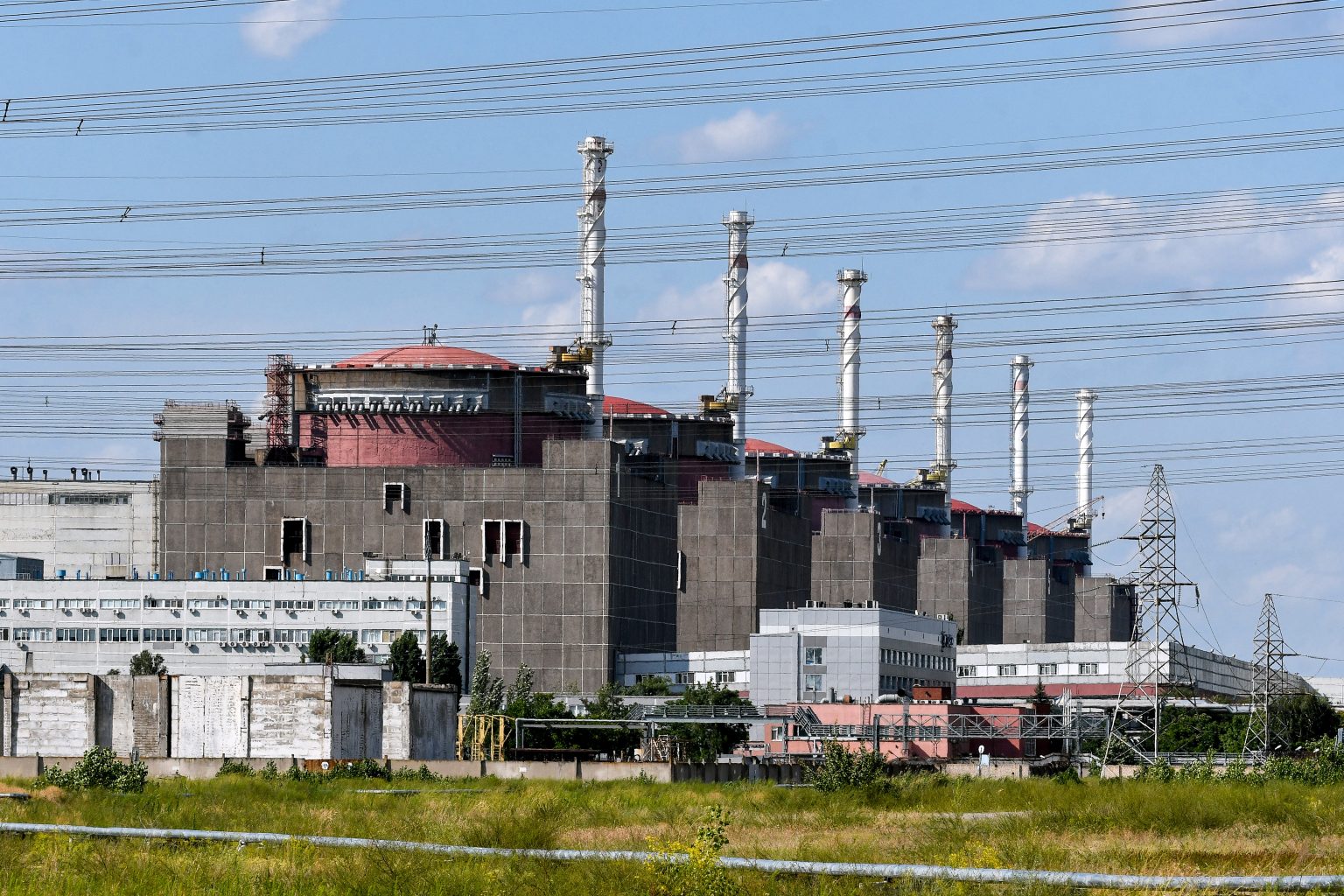Russian forces launched missile and drone attacks targeting critical energy infrastructure in multiple Ukrainian regions on June 22. The attacks caused damage to energy transmission systems in southern and western regions of Ukraine. In Zaporizhzhia Oblast, two energy workers were injured and hospitalized as a result of the attack. A missile strike in Lviv Oblast caused a fire at an energy infrastructure facility, with emergency crews on-scene to extinguish the blaze. In unspecified eastern regions, overhead powerlines were disconnected to reduce the load on generating facilities. Restoration crews are currently assessing and repairing the damaged infrastructure, while reports of explosions and damage in other regions such as Ivano-Frankivsk, Lutsk, Vinnytsia, and Khmelnytskyi have been received.
Residents in various Ukrainian cities reported hearing explosions as a result of the overnight attacks on critical infrastructure. The Ukrainian Air Force warned of missile threats in the western and central regions of Ukraine, prompting Poland to scramble military jets to protect its airspace in response to the Russian attack in western Ukraine. Russia has intensified its assaults on Ukraine’s critical infrastructure in recent months, leading to rolling shutdowns implemented by Ukraine on May 15. With the attacks escalating in recent days, Ukraine has been facing increased challenges in securing its energy grid against Russian aggression. These attacks have significantly impacted the functioning of key infrastructure facilities and have led to escalating tensions between the two countries.
On June 21, Ukraine launched attacks on four refineries and drone storage sites in Russia, in what is seen as a retaliatory move against Russian aggression. The Ukrainian military reported that Russia was attacking Chasiv Yar from the Toretsk direction, further escalating the conflict. Media reports indicated that South Korea’s decision to supply arms to Ukraine would depend on Russia’s actions, highlighting the global implications of the conflict. The ongoing conflict between Russia and Ukraine has drawn international attention and concern, with the potential for further escalation leading to widespread implications for global security and stability. The attacks on critical infrastructure, including energy facilities, have raised concerns about the impact on the civilian population and the broader geopolitical implications of the conflict.
The attacks on energy infrastructure in Ukraine have not only caused physical damage but have also raised concerns about the safety and security of the civilian population. With energy transmission systems being targeted, the risk of potential disruptions to essential services and utilities has heightened, posing challenges for the country’s ability to effectively respond to the crisis. The continued assaults on critical infrastructure by Russian forces have further strained the already fragile situation in Ukraine, exacerbating the humanitarian crisis and challenging the country’s resilience against external aggression. The escalation of hostilities and the increasing frequency of attacks on energy facilities underscore the urgent need for international support to help Ukraine defend its sovereignty and protect its citizens from further harm.
The attacks on energy infrastructure in Ukraine are part of a broader strategy by Russia to assert its influence and destabilize the region. By targeting critical facilities, including refineries and energy transmission systems, Russia aims to weaken Ukraine’s infrastructure and undermine its ability to resist Russian aggression. The attacks on energy infrastructure have not only caused physical damage but have also disrupted the daily lives of Ukrainian civilians, creating a sense of fear and uncertainty. As Ukraine continues to face mounting challenges in defending its territory and protecting its citizens, the international community must stand in solidarity with Ukraine and support its efforts to resist Russian aggression. The conflict in Ukraine has far-reaching implications for global security and stability, underscoring the need for a coordinated and concerted response to address the ongoing crisis and prevent further escalation of hostilities.


